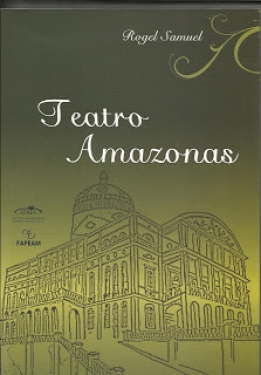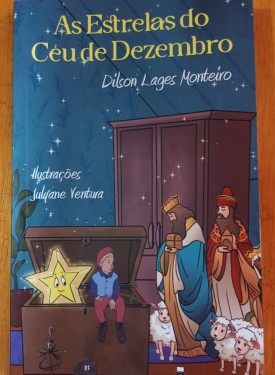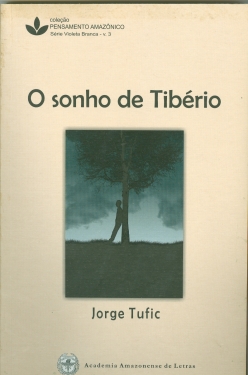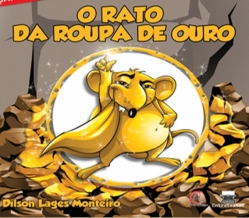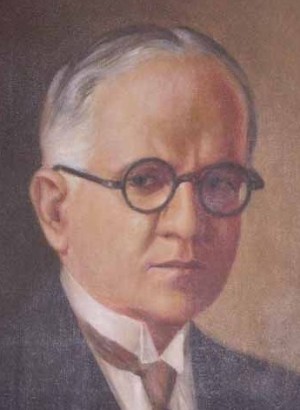THE AMAZON
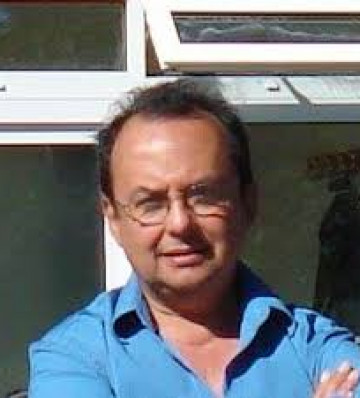 Por Rogel Samuel Em: 27/02/2021, às 17H20
Por Rogel Samuel Em: 27/02/2021, às 17H20
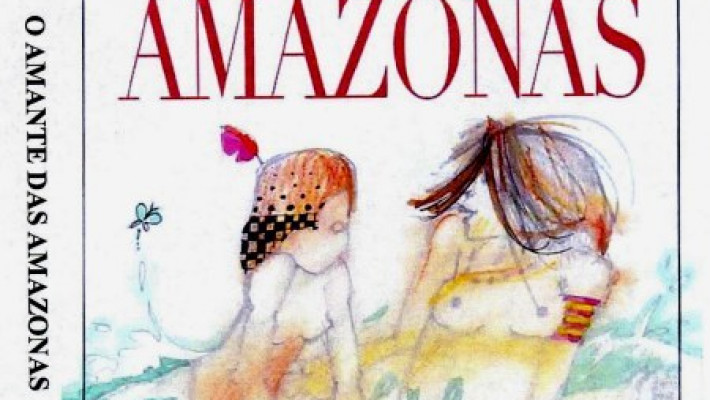
Eighteen: Encounter
Translation by Christopher Schindler
It was a dark and rainy night cut through by flashes of lightning. The street was unlit and there was only wind on wet roofs. The eyes of the man would have difficulty finding his way. He was crossing the Educandos Bridge stepping in puddles of water.
He entered the Chalet in the middle of the Heliodor Balbi Square, ordered a cognac, drank it and disappeared under his umbrella toward the Bridge. In his head only thoughts of doubt and apprehension.
Crossing the Bridge he went down a narrow road to another wooden bridge in the middle of which he was expecting to meet someone and lit a cigarette. The little flame cast a yellow light into the air, as a signal, a distant beacon. From there he saw the outline of the city from afar, empty, dead, aged. The rain became less intense. Benito Botelho waited for some time, then moved forward. The minuscule ember of the cigarette below the umbrella was certainly visible to the one he was waiting to meet.
Earlier he had been correcting proofs when someone tapped on the window pane at the side outside the back windows of the office of the Amazonas Comercial. Just he and Margarido the linotypist were there. Benito interrupted his work and went to look, but when he got to the window he could barely make out the fleeing shape of an old Indian woman in the dark; she spoke to him quickly. She said something to him and disappeared.
When Benito could no longer see her, he returned to his desk and, apprehensive, he put out his cigarette, opened the drawer from which he took out a revolver, which he put into the pocket of his coat, and left in the pouring rain towards the Bayou of Apprentice Craftsmen.
He came to the plank bridge that the woman had indicated, the passageway over the bayou connecting an island to the mainland where there was the Gloria Bridge that crossed the Remedios Bayou. The rain was dying down but the plank bridge that Benito used to cross over was still wet.
Then, growing larger as it approached, the figure of an old, black caboclo, sinister, tall, smelling of tonka bean and urine, bent and monstrous, emerged like an armed demon, bellowing like a wild beast.
Benito shot him in the middle of the chest, killing him. Yes, Benito killed him. The dead man was Paxiúba, the Mule.
A week later Benito went up the River Jordão and entered Hell's Bayou. For hours the motor boat navigated the bayou, cruising along the shores where at another time the wealth of rubber was to be found. This region had been depopulated for decades. Intersecting with vines, thorns and marshes, it was as if the boat was asking permission to penetrate the forest full of the cries of unknown birds. An unusual silence awaited them – Benito and the men of the first expedition in search of Colonel Zequinha Bataillon that the newspaper Amazonas Comercial organized. Abraham Gadelha was convinced that a successful result would give him political advantages.
Suddenly, the silence was broken by a scream: the caboclo Jutai had his mouth open as if he would vomit. He fell into the water and everyone started firing in all directions without knowing where the arrow had come from.
Thus ended Benito Botelho's first expedition. They returned from there firing at random without seeing anything in the bush. Their descent was swift due to the current.
“We could not have gone on,” Benito said in an aside to Gadelha, “we would have needed a regular army ...”.
But Benito kept working in other ways to discover what had happened with Zequinha. In the series of articles he wrote (all made use of here), he reconstructed the apogee of the Manixi rubber plantation. Listened to testimonials, consulted newspapers.





